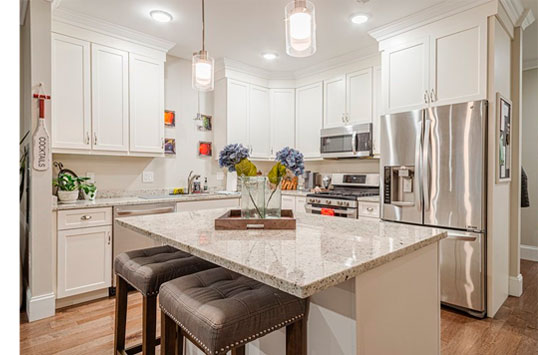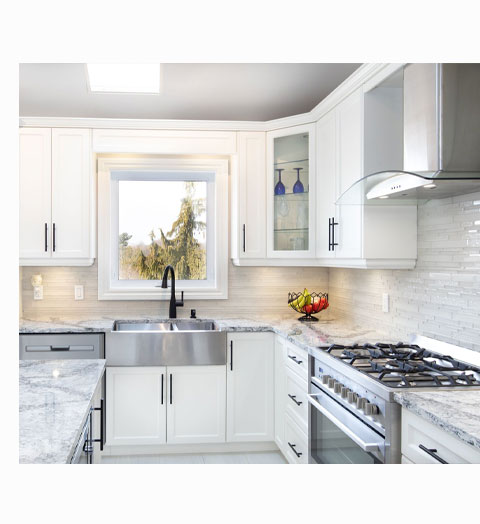 |
 |
 |
 |
|
 |
||
 |
 |
||
 |
 |
 |
 |
 |
 |
 |
 |
 |
 |
 |
|
 |
||
 |
 |
 |
 |
 |
||
|
plsavelx.com Understanding Kitchen Renovation Costs: A Comprehensive GuideIn the realm of home improvement, kitchen renovation stands out as a popular choice for homeowners eager to blend functionality with aesthetics. But before diving into this transformative endeavor, it's crucial to grasp the various factors influencing the overall cost of such a project. From material selection to labor fees, each element plays a pivotal role in shaping the final budget. Setting the Stage: Kitchen renovations are often perceived as daunting due to their potential expense. However, understanding the key components can demystify the process. The first step involves assessing the scope of the renovation. Are you looking for a complete overhaul or merely a facelift? This decision alone can significantly alter your financial planning.
Hidden Costs: Beyond the visible aspects, several hidden costs can emerge during the renovation process. These may include permit fees, unexpected structural repairs, or even temporary accommodation if the renovation renders the kitchen unusable for an extended period. Return on Investment: While the upfront costs may seem substantial, it's vital to consider the long-term benefits. A well-executed kitchen renovation can significantly boost a home's market value, often providing a high return on investment. Moreover, an updated kitchen enhances daily living, making meal preparation more enjoyable and efficient. Conclusion: Navigating the intricacies of kitchen renovation costs requires careful planning and informed decision-making. By thoroughly evaluating your goals, budget, and available options, you can create a space that not only meets your functional needs but also reflects your personal style, ultimately transforming your kitchen into the heart of your home. https://www.houzz.com/discussions/6307511/what-s-the-cost-of-a-high-end-kitchen-remodel
My neighbor did a high end kitchen remodel for $80K- I have the same size kitchen and did floors, lighting, backsplash, cabinets and quartz ... https://www.sohoconstructioncompany.com/blog/how-much-does-a-kitchen-remodel-cost-in-san-diego
However, on average, a kitchen remodel in San Diego can cost between $15,000 and $30,000 for a minor project, $30,000 and $70,000 for a midrange ... https://www.nerdwallet.com/article/mortgages/kitchen-remodel-cost
A minor kitchen remodel, which includes refinished cabinets, new flooring and countertops and a couple of updated appliances, recouped about 96% ...
|